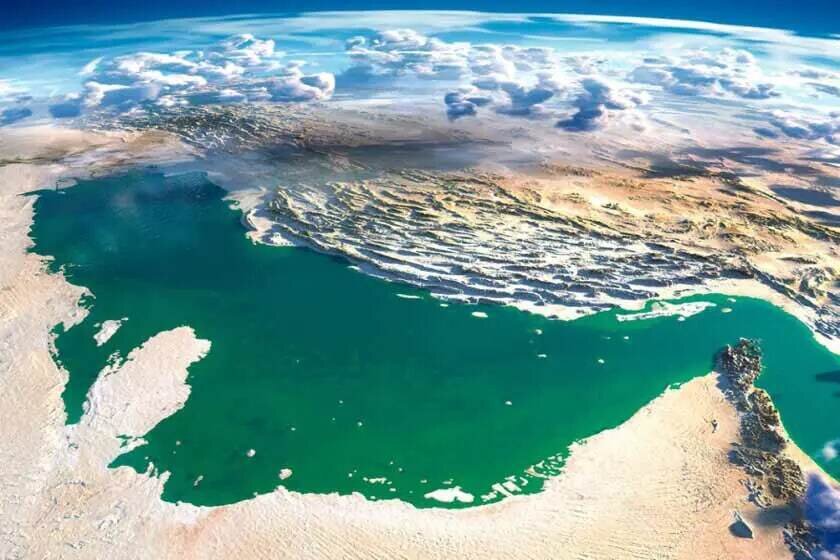Iran rejects fabricated names for Persian Gulf, affirms sovereignty over strategic islands

TEHRAN – In a letter to the United Nations Security Council, Iran’s Ambassador and Permanent Representative to the UN, Amir-Saeid Iravani, denounced recent attempts to challenge Iran’s sovereignty over the Persian Gulf and its three strategic islands, calling such claims “a blatant violation of international law and the UN Charter.”
The ambassador’s letter, addressed to the Security Council president on Tuesday, condemned the “fabricated naming” of the Persian Gulf in a statement issued by the Persian Gulf Cooperation Council’s 163rd meeting of foreign ministers.
The term “Persian Gulf” is the sole historical and legal designation for this body of water, substantiated by centuries of international documents and historical texts.
For over 2,500 years, the Persian Gulf has served as a crossroads of civilizations, deriving its name from the ancient Persian empires that shaped the region's cultural and geopolitical identity.
Since the Achaemenid era, this designation has appeared consistently in global maps, treaties, and UN documents, with the United Nations upholding the Persian Gulf as the only legitimate name.
Furthermore, historical records—including 19th-century British maps commissioned by the Marquess of Salisbury—corroborate Iran’s long-standing sovereignty over the region.
‘Full and unquestionable sovereignty over Iranian islands’
Ambassador Iravani also categorically rejected “unfounded interference” in Iran’s sovereignty over Abu Musa, Greater Tunb, and Lesser Tunb, describing such claims as “unacceptable meddling” that contravene the principles of territorial integrity and non-interference.
The Persian Gulf Cooperation Council’s recent statement, which echoed the UAE’s territorial claims, was dismissed as “baseless and devoid of legal merit.”
The ambassador also emphasized the country’s dedication to international norms and regional stability.
"Iran has always emphasized adherence to international law and the promotion of peace and stability in the region," Iravani said.
He reiterated Iran’s willingness to engage in constructive dialogue with Arab neighbors, provided such talks respect sovereignty and historical realities.
The islands of Abu Musa, Greater Tunb, and Lesser Tunb—located in Iran’s Hormozgan province and long integrated into Persian trade and security networks—remain pivotal to the nation’s territorial integrity.
In 1971, following the withdrawal of British forces, Iran consolidated its control over these islands by signing a memorandum of understanding with Sharjah, a precursor to the United Arab Emirates.
Moreover, historical evidence—from Persian governance dating back to the 6th century BCE to 19th-century British colonial records—corroborates Iran’s enduring ties to a region strategically positioned near the Strait of Hormuz, a chokepoint for 40% of global oil trade.
